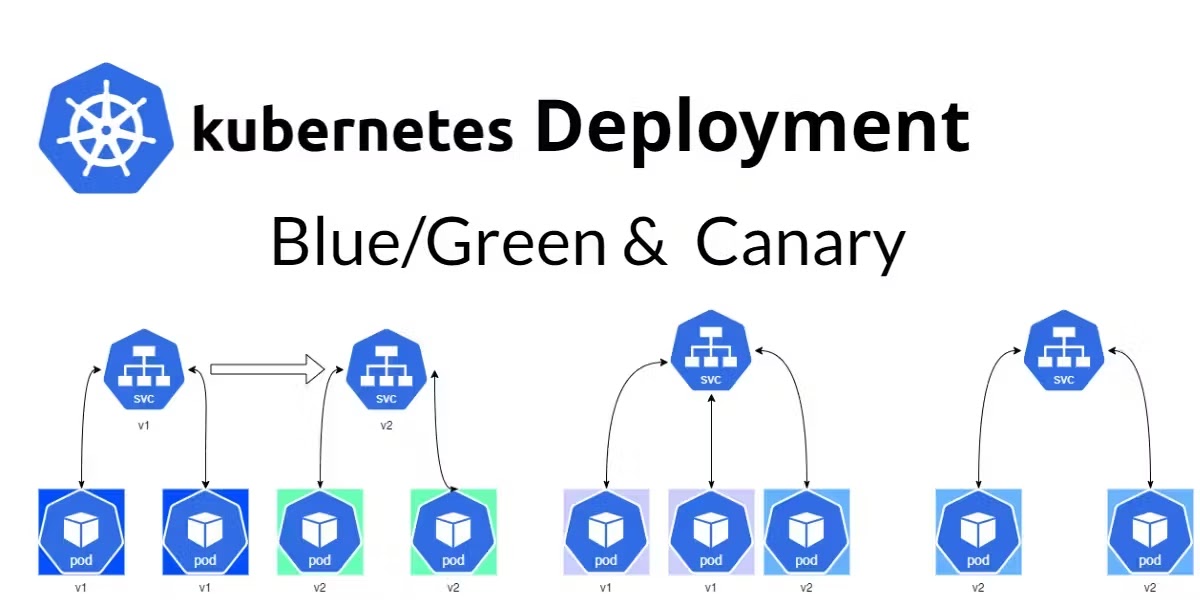DevOps Training: From Basics to Advanced
" A Comprehensive Guide to DevOps Training: From Basics to Advanced "
In the ever-evolving world of technology, DevOps has emerged as a cornerstone for modern software development and operations. Mastering DevOps can significantly enhance your career prospects, but the journey from beginner to expert requires a structured learning path. This guide outlines the essentials of DevOps training, covering basic concepts, intermediate skills, and advanced techniques.
What is DevOps?
DevOps is a methodology that integrates software development (Dev) and IT operations (Ops) to shorten the development lifecycle while delivering high-quality software. It emphasizes collaboration, automation, and continuous delivery to meet evolving business needs.
Phase 1: The Basics of DevOps
1. Understanding the Core Concepts
- Culture of Collaboration: Breaking silos between development and operations teams.
- CI/CD Pipelines: Continuous Integration (CI) and Continuous Delivery (CD) as foundational principles.
- Automation: Reducing manual tasks to improve efficiency and reliability.
2. Essential Tools and Technologies
- Version Control: Git, GitHub, or GitLab for source code management.
- Build Automation: Tools like Maven, Gradle, and Jenkins.
- Containerization: Introduction to Docker and basic container management.
3. Linux and Shell Scripting
- Learning basic Linux commands and scripting is crucial for configuring servers and automating tasks.
4. Cloud Fundamentals
- Basic understanding of cloud platforms like AWS, Azure, or Google Cloud.
- Setting up and managing virtual machines and storage.
5. Networking Basics
- Familiarity with networking concepts like DNS, load balancing, and firewalls.
Phase 2: Intermediate DevOps Training
1. Building CI/CD Pipelines
- Implementing automated pipelines using Jenkins, GitLab CI/CD, or Azure DevOps.
- Adding testing stages for unit, integration, and performance testing.
2. Advanced Containerization with Docker
- Creating multi-container applications using Docker Compose.
- Managing container storage, networking, and security.
3. Kubernetes Basics
- Introduction to container orchestration with Kubernetes.
- Deploying applications to Kubernetes clusters.
- Understanding Pods, Services, and Deployments.
4. Infrastructure as Code (IaC)
- Using tools like Terraform or AWS CloudFormation to define and provision infrastructure.
- Managing IaC repositories with version control.
5. Monitoring and Logging
- Tools like Prometheus, Grafana, and ELK (Elasticsearch, Logstash, Kibana).
- Setting up monitoring dashboards and alerts.
Phase 3: Advanced DevOps Training
1. DevSecOps: Integrating Security into DevOps
- Adding automated security scans to CI/CD pipelines.
- Tools like SonarQube, Snyk, and OWASP ZAP.
2. Advanced Kubernetes Concepts
- Using Helm for application packaging and deployment.
- Managing Kubernetes clusters with tools like kubeadm or EKS.
- Understanding StatefulSets, Persistent Volumes, and Ingress Controllers.
3. Cloud-Native Development
- Leveraging serverless technologies like AWS Lambda or Azure Functions.
- Working with managed services like AWS ECS and Fargate.
4. Configuration Management
- Advanced use of tools like Ansible, Chef, or Puppet.
- Writing complex playbooks and managing large-scale deployments.
5. Hybrid and Multi-Cloud Strategies
- Managing deployments across multiple cloud providers.
- Using tools like HashiCorp’s Consul and Vault for service discovery and secrets management.
6. Scaling and Performance Optimization
- Auto-scaling strategies for cloud and Kubernetes environments.
- Load testing and optimizing application performance.
Tips for Effective DevOps Training
- Set Clear Goals: Define what you want to achieve at each stage of your training.
- Hands-On Practice: Practical experience with tools and technologies is essential.
- Join the Community: Participate in forums, attend meetups, and contribute to open-source projects.
- Certifications: Consider certifications like AWS Certified DevOps Engineer, Azure DevOps Expert, or Kubernetes Administrator (CKA).
- Stay Updated: The DevOps landscape is constantly changing, so continuous learning is key.
Conclusion
DevOps training is a journey that demands dedication, curiosity, and a hands-on approach. By mastering the basics, diving into intermediate skills, and exploring advanced concepts, you can become a proficient DevOps professional. Whether you’re starting from scratch or looking to advance your career, a structured learning path will set you up for success in the dynamic and rewarding world of DevOps.





Comments
Post a Comment